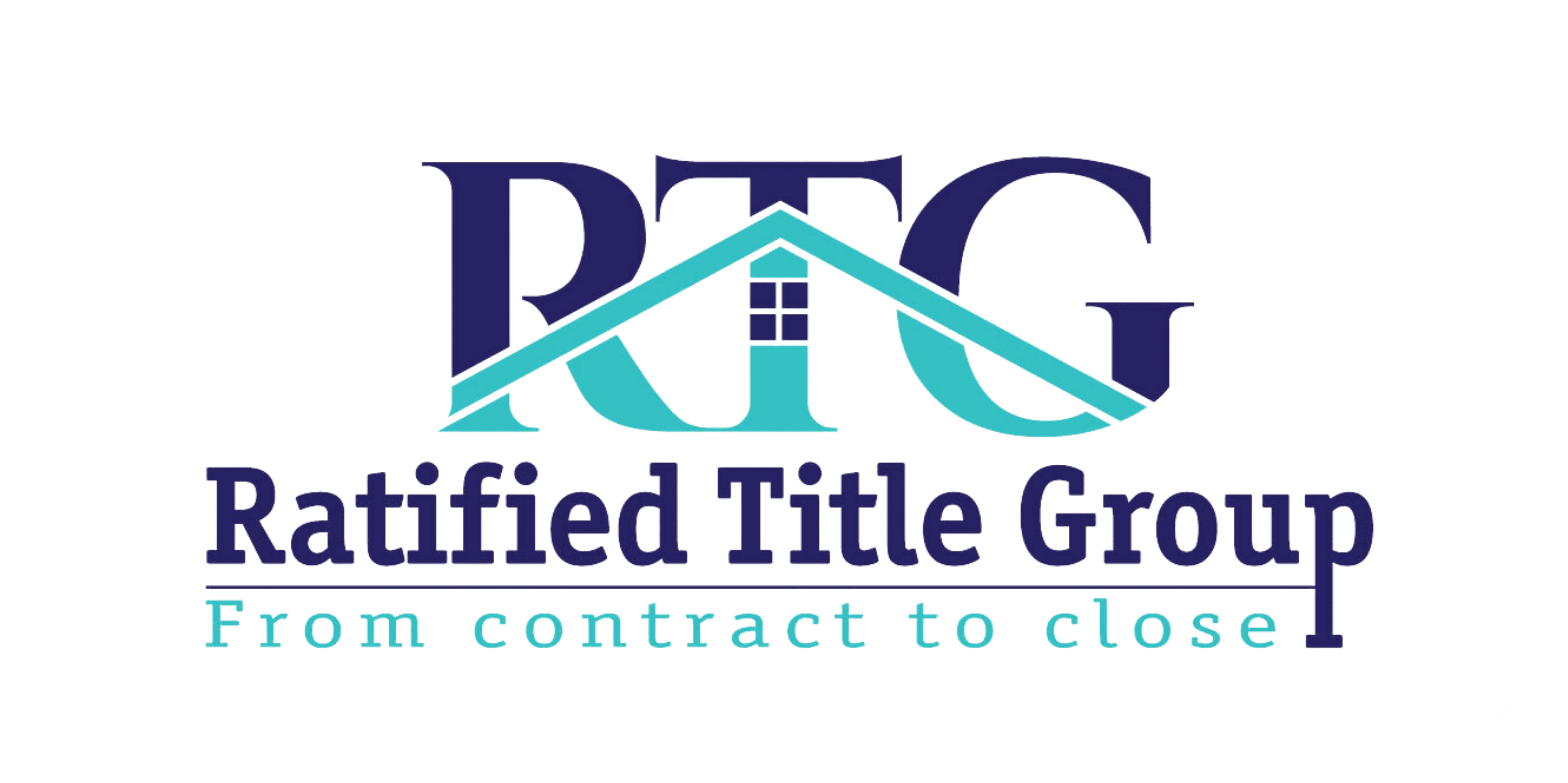Navigating the world of real estate can feel overwhelming, especially when it comes to the closing process. Closing services are crucial to ensuring that your transaction goes smoothly and efficiently. In this post, we’ll break down the essential steps you need to understand and follow to make your closing experience as seamless as possible. Whether you’re a buyer, seller, or real estate professional, these steps are invaluable on your journey. Let’s dive in!
1. Understanding the Closing Process
Before diving into the specifics, it’s essential to grasp the overall closing process. This stage is where all the hard work culminates and where many details come into play. Knowing what to expect can alleviate anxiety and help you feel more prepared as you approach this significant milestone.
The closing process typically starts once the buyer and seller have agreed upon terms. However, it’s important to remember that this is not merely a single meeting; rather, it encompasses a series of actions that coordinate to finalize your deal. Understanding these steps is crucial to ensuring that everything runs smoothly. Stay tuned, because we’ll guide you through what each phase involves!
2. Gathering Necessary Documentation
One of the first steps in closing is to ensure you have all necessary paperwork organized. This includes titles, insurance, and any pertinent financial documents. Collecting these items can seem tedious, but it’s a vital step that lays the groundwork for a successful closing.
Aside from titles and insurance evidence, don’t forget about your loan documents, tax forms, and disclosures from the seller. A tip is to create a checklist for all these documents, which can help you visualize what you’ve gathered and what you still need to procure. Having everything ready well in advance will save you invaluable time and potential headaches as you near your closing date. Trust me, getting ahead of the game is worth it!
In addition to your own documents, reaching out to your real estate agent for help in assembling this paperwork can be beneficial. They understand the nuances of closing services and can guide you on what’s required in your situation. You’re not alone in this process, so don’t hesitate to ask for help.
3. Engaging a Qualified Real Estate Agent
Having a knowledgeable real estate agent by your side can simplify the closing process. They can provide insights, handle negotiations, and help manage timelines. Choosing the right agent is crucial; look for someone experienced with closing services, particularly in your area.
Not only can they help you understand the multitude of paperwork involved, but they also help ensure that you’re paying a fair price for what you’re purchasing. Many buyers and sellers find the pricing process overwhelming, but a good agent will advocate on your behalf and clarify any doubts. They don’t just act as advocates—they often know the local market conditions and can negotiate better terms or alleviate your concerns.
Further, an agent can help foresee potential issues during the closing process, allowing you to address them proactively. If any disputes arise with the seller or their agent, having someone seasoned in real estate on your side can ensure that misunderstandings are resolved swiftly and amicably.
4. Conducting a Title Search
A thorough title search is a critical component in the closing process, ensuring that the property’s title is clear of any liens or claims. This step is crucial simply because no one wants to buy a property with hidden issues lurking in the background. By undertaking this process, you’re proactively protecting yourself.
As part of the title search, a title company will examine public records to verify ownership and check for any encumbrances, such as mortgages or tax liens, that could impact your purchasing power. You may feel tempted to skip this step to save time and expense, but this could lead to financial headaches down the line. Trust me, the potential risk of future complications just isn’t worth it!
If any discrepancies arise during the title search, you’ll need to resolve them prior to closing. This could involve negotiating with the seller to clear the title or adjusting the sale terms. Again, having an experienced real estate agent can be helpful here; they can navigate these issues with you.
5. Reviewing and Finalizing the Purchase Agreement
Before closing, it’s important to review the purchase agreement carefully. Any misunderstandings or changes should be addressed and finalized. Take the time to read the fine print—this is your investment on the line, and even a small detail can have significant implications.
Most purchase agreements include various contingencies that must be satisfied before the deal can close. These can range from repair negotiations to financing approval. Make sure you understand each clause in the agreement, as they can dictate the terms of your deal. Once everything is confirmed, you can move toward finalizing the agreement.
Engaging legal counsel for this step might also be a good idea, particularly if you’re confused about any terms. Having a professional reviewing your contract can add peace of mind and protect you from future disputes.
6. Understanding Closing Costs
Being aware of the various closing costs involved is crucial. This includes lender fees, title insurance, and any property taxes that may be due. Closing costs typically range from 2% to 5% of the purchase price of the home. Understanding these fees ahead of time allows you to budget accordingly, avoiding any unwelcome surprises on closing day.
It’s also important to remember that some costs can be negotiated or waived, especially in competitive markets. Your real estate agent can help you navigate these negotiations. Transparency regarding closing costs is key; make sure to ask for a detailed breakdown from your lender and keep lines of communication open.
Some typical closing costs to be aware of include:
- Loan origination fees
- Appraisal fees
- Credit report fees
- Title search and insurance
- County recording fees
- Prepaid taxes and homeowners insurance
Being equipped with this information can help you plan effectively.
7. Conducting a Final Walkthrough
A final walkthrough ensures that the property is in acceptable condition before you officially take ownership. It’s your chance to confirm that all agreed-upon repairs have been made. Conducting this walkthrough a day or two before closing provides a final opportunity to check off your expectations and make sure everything is in order.
During the walkthrough, be sure to focus not just on repairs, but also on function—check that all appliances and systems are working as expected. This step is absolutely critical; if anything is amiss, such as damage incurred after the initial inspection, you need to address these issues before signing the dotted line.
A good practice is to note any concerns and discuss them with your agent, who can assist you in negotiating with the seller as needed. Remember, if you’re not satisfied with the property during your final walkthrough, you can halt the closing process until resolutions are agreed upon.
8. Signing All Closing Documents
The signing ceremony is where you put pen to paper on various documents, finalizing your agreement and officially becoming a property owner. It’s a moment met with mixed emotions—excitement, anxiety, and relief. Ensure that you have all required documents prepared, including your identification.
It’s beneficial to have your real estate agent by your side during this process. They can clarify questions regarding specific documents and help ensure you fully understand what you’re signing. If you feel overwhelmed, take a moment to breathe! This is a significant step in achieving your property goals.
After signing, ensure that you receive copies of all the documents for your records. Keeping these on file can save you future hassle and provide clarity should any questions arise.
9. Transferring Ownership
Once all documents are signed, it’s time to transfer ownership. This typically includes filing the necessary paperwork with the appropriate local authorities. Completing this process may require additional fees, but it’s a crucial step to finalize your position as the legal owner of the property.
In many cases, the closing agent will handle this on your behalf, ensuring that the deed and other documents are recorded accurately. In that case, the enjoyment of homeownership becomes official; just imagine becoming a proud owner of your new property as a ‘Welcome Home’ sign lights up in your heart!
10. Celebrating Your New Investment
Congratulations! After all those steps, it’s time to celebrate your new home or investment. Enjoy this exciting new chapter ahead! This is your moment to reflect on the effort, time, and logistics that got you here—it’s a victory worth sharing.
Consider hosting a small gathering with friends or family to mark this milestone in your life. Whether you’re throwing a housewarming party or simply enjoying dinner with loved ones, creating memories in your new home is what it’s all about. This first step into your homeownership journey opens doors to countless new experiences and memories.
Navigating the closing process doesn’t have to feel daunting. By following these essential steps, you’ll be well on your way to completing your real estate transaction with confidence. Remember, the journey to becoming a homeowner is a significant milestone, and understanding the ins and outs of closing services is key. If you ever feel overwhelmed, don’t hesitate to reach out for help—experts like those at Ratified Title are here to guide you every step of the way. With the right support and knowledge, you’ll be celebrating your new investment in no time!



